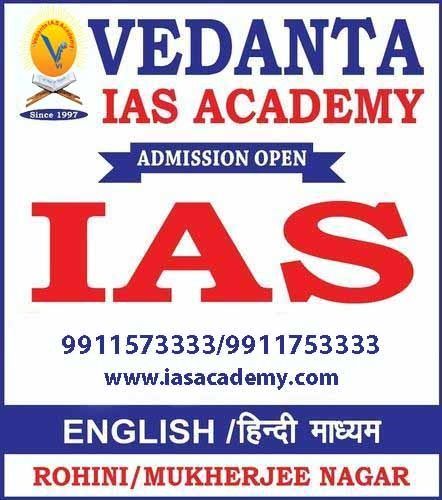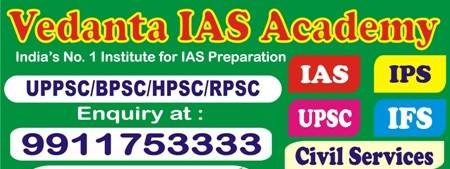


The Union Public Service Commission (UPSC) is India's premier central recruiting agency for civil services.
Established on 1 October 1926, it is the constitutional body responsible for recruiting civil servants and allocating posts in various departments of the Central and All India Services.
It is also responsible for conducting competitive examinations for recruitment to various posts in the Central Government. The UPSC is composed of a chairperson, a maximum of six members, and a secretary-cum-controller of examinations.
The chairperson and members are appointed by the President of India on the recommendations of the Prime Minister and other Ministers of the Union Government.
The UPSC is vested with the authority to conduct examinations, select candidates for the higher civil services, and advise the Union Government on disciplinary matters and on matters relating to the methods of recruitment to various services.
The UPSC is dedicated to upholding the highest standards of impartiality and integrity in the selection of candidates for civil services.
The UPSC has consistently strived to ensure that the recruitment process is conducted in a fair, transparent, and efficient manner and that the merit-based selection of candidates is maintained.
This section provides an overview of the Union Public Service Commission (UPSC), highlighting its role, significance, and the examination process it conducts.
In this section, the different stages of the UPSC examination are explained, including the Preliminary Examination, Main Examination, and Interview/Personality Test. The syllabus, exam patterns, and recommended resources for each stage are mentioned.
This section focuses on creating an effective strategy for UPSC preparation. It covers topics such as understanding the syllabus, setting goals and targets, time management, choosing study materials, current affairs preparation, and revision techniques.
This section highlights the importance of choosing the right optional subject in the UPSC examination. It discusses popular optional subjects, their syllabus, tips for selection, and recommended books and study materials.
Here, the significance of mock tests and practicing previous year's question papers is explained. It mentions the benefits of online test series and provides resources for accessing mock tests and practice papers.


This section covers the interview process and tips for personality development. It includes insights into panel expectations, evaluation of personality traits, interview preparation tips, and suggestions for mock interviews.
Here, the importance of maintaining physical and mental well-being during UPSC preparation is emphasized. It offers tips for managing stress, maintaining a healthy lifestyle, and making time for recreation and hobbies.
This part provides practical advice for the day of the exam, including dos and don'ts, time management strategies, and tips for managing exam anxiety.
This section shares inspiring stories of successful candidates who have cleared the UPSC exam. It includes tips and strategies shared by toppers to motivate and guide aspirants.
Here, the focus is on the Main Examination preparation, interview/personality test preparation, and the post-selection procedures that candidates need to be aware of.
Here, the key subjects of general studies are covered, including Indian history, geography, polity and governance, economy, science and technology, environment and ecology, art and culture, and ethics and integrity. The emphasis is on providing tips, recommended books, and study materials for each subject.
This part focuses on enhancing answer writing skills for the UPSC exam. It covers understanding the question paper, structuring answers effectively, improving writing skills, and managing time during the exam.

Pillar No 389, D-11/156 East Metro Station, Sector 8, Rohini, Delhi, 110085